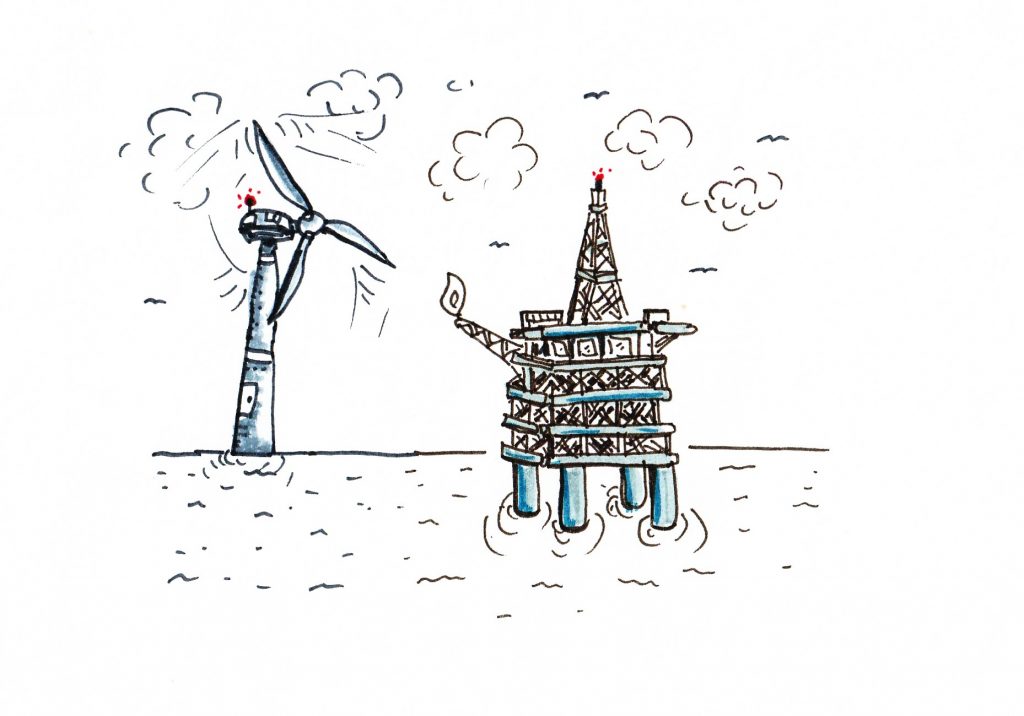The UK Labour government aimed to attract foreign investment on Monday 14th October by hosting its first International Investment Summit in London
Prime Minister Keir Starmer, Chancellor Rachel Reeves, and Business Minister Jonathan Reynolds headed the one-day event at London’s Guildhall, with an attendance of approximately 200 executives from both the UK and abroad.
Notable attendees were former Google Chairman Eric Schmidt, Goldman Sachs CEO David Solomon, BlackRock CEO Larry Fink, and GSK CEO Emma Walmsley. Poppy Gustafsson, the newly appointed Investment Minister and co-founder of the British cybersecurity company Darktrace, were also present to advocate for the UK as a favourable business environment.
The UK government unveiled a relaxation of regulations and announced investment deals worth billions of pounds in sectors such as artificial intelligence, life sciences, and infrastructure, while Starmer proclaimed it’s ‘a great moment to back Britain.’
‘We will rip out the bureaucracy that blocks investment and we will make sure that every regulator in this country take growth as seriously as this room does,‘ Starmer reportedly told delegates.
UK Prime Minister Keir Starmer on Monday 14th October 2024 vowed to slash regulatory red tape to boost investment in the country.
“We’ve got to look at regulation across the piece, and where it is needlessly holding back investment … mark my words, we will get rid of it,” he reportedly told delegates at the UK’s International Investment Summit.
The government on Sunday 13th October 2024 announced the launch of a new industrial strategy, designed to focus on eight “growth-driving sectors.”
The prime minister reportedly restated that growth was the “No. 1 test of this government,” and reiterated plans for the U.K. to become the fastest-growing G7 economy.“
Starmer also outlined stability, strategy, regulation and improving Britain’s global standing as “four crucial areas” in his pitch for Britain.
“Private sector investment is the way we rebuild our country and pay our way in the world,” Starmer said
In a panel discussion with Starmer, Google’s ex-CEO Eric Schmidt expressed his surprise upon learning that the Labour party had shifted to ‘strongly’ support growth.
Schmidt is eager to see the execution of this approach and encouraged the government to increase investment in artificial intelligence to fulfill broader growth objectives.










